Venezuela offers five million hectares for agricultural investment from Iran
Venezuelan Agriculture Minister Wilmar Castro Soteldo says Caracas has offered at least five million hectares of land following agricultural investment agreements with producers from Iran and other countries.
He made the remarks on Monday at a presentation ahead of the Iran-Venezuela scientific, industrial and technological expo fair, which is planned to open in Caracas on Wednesday.
“We are making available five to seven million hectares [of land] that our country has to develop to reach 30 million cultivable hectares,” the minister said.
He added that Venezuela is offering the farmlands to foreign producers to grow crops in the South American country.
Since the beginning of its term, the current Iranian administration has seriously pursued effective measures to improve the agricultural sector and ensure the country’s food security, including through farming overseas.
For a long time, one of Iran’s aspirations has been self-sufficiency in strategic agricultural products such as wheat, oilseeds and livestock inputs, which require sufficient water resources, but successive droughts in recent years and the lack of water resources have made it a far-fetched goal, giving weight to the idea of overseas cultivation.
Overseas farming could lead to the entry of virtual water into the country by the cultivation of water-intensive products in other countries.
In May, Russia offered to provide 100,000 hectares of land to Iran for cultivation. Other countries, including Armenia and Ghana, have also offered land to Iran for cultivation. A Ghanaian delegation proposed 5,000 hectares of land for production of livestock inputs during a recent visit.
In August, Mohsen Koosheshtabar, Iranian deputy interior minister for economic affairs said Venezuela has agreed to provide one million hectares of agricultural land for Iran’s overseas cultivation projects to secure food.
Iran to build refineries in Venezuela, Uruguay
Iranian lawmaker Mohammad Reza Mirtajodini said on Tuesday that Iran is planning to build two extraterritorial oil refineries in Venezuela and Uruguay.
“Iranian Oil Ministry’s move to sign agreements with Venezuela and Uruguay for setting up extraterritorial oil refineries, feeding them, becoming a stakeholder in them, and transferring technical know-how to these countries is a very important measure.”
Setting up these refineries will guarantee the country’s oil sales amid anti-Tehran sanctions, he said.
In June, Tehran and Caracas announced a 20-year cooperation plan in the fields of oil, refining, petrochemicals, defense, tourism, culture, and agriculture during President Nikolas Maduro’s visit to Iran.
VIDEO | Hind Rajab Foundation names Israeli war criminals vacationing after Gaza genocide
VIDEO | Australians rally for Gaza ahead of Christmas festivities
VIDEO | Attacks on Sana'a
Iran reports further drop in annual inflation rate in December
Israel indicts two settlers over suspected spying for Hezbollah
Iran: US airstrikes on Yemen war crimes, violation of international law
Yemeni armed forces down F-18 fighter jet, repel US-UK attack: Spokesman
Iran warns against US-Israeli plot to weaken Muslims, dominate region


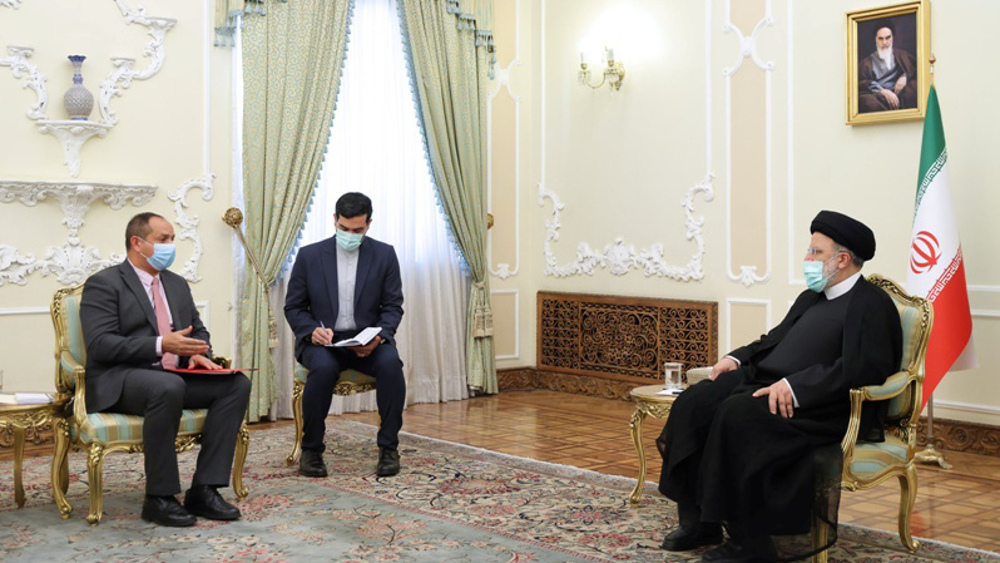
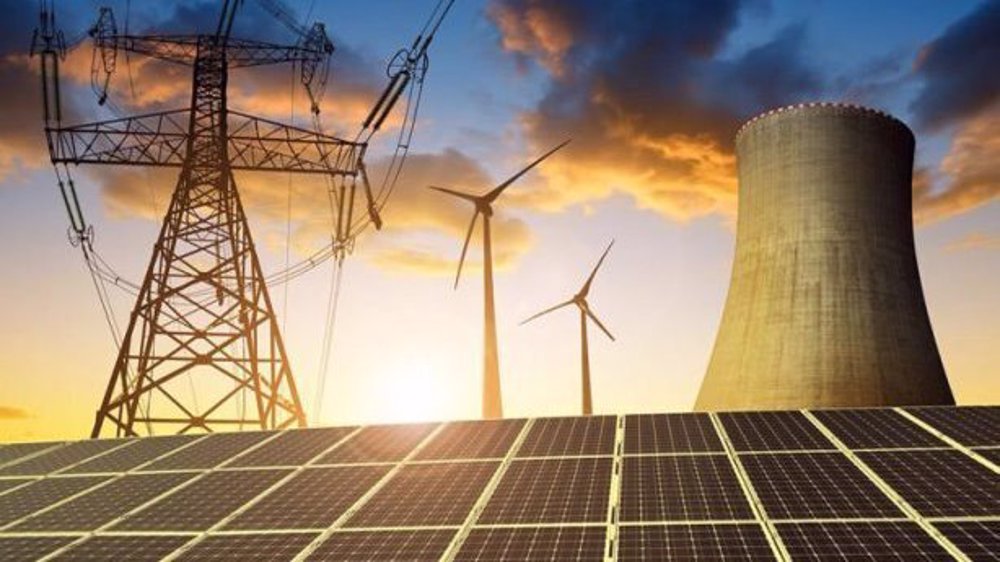
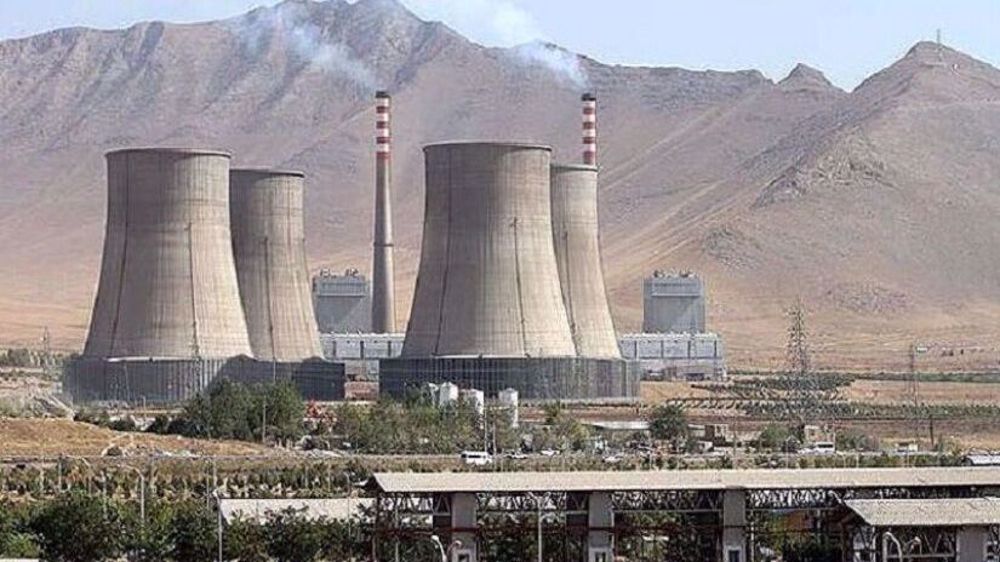




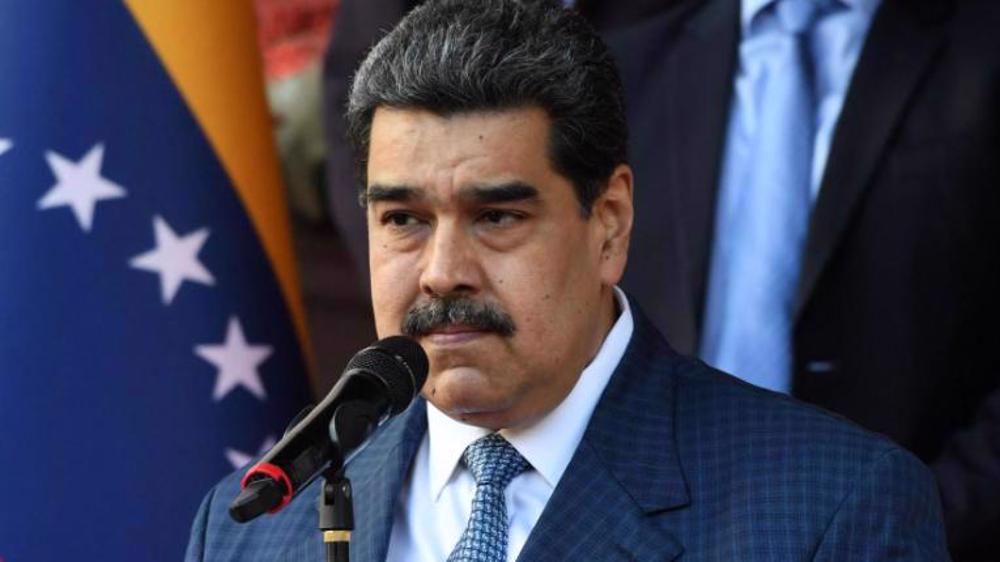
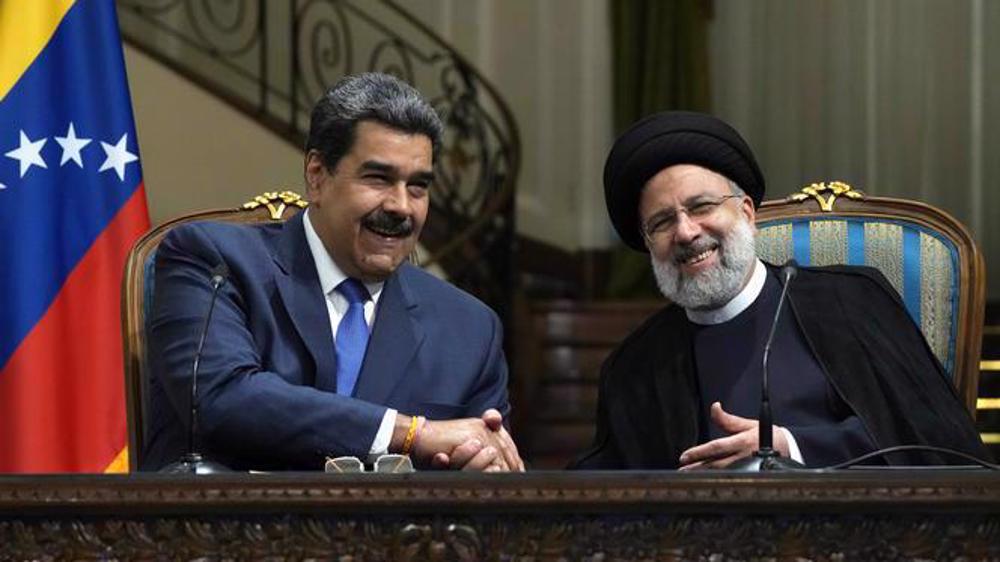
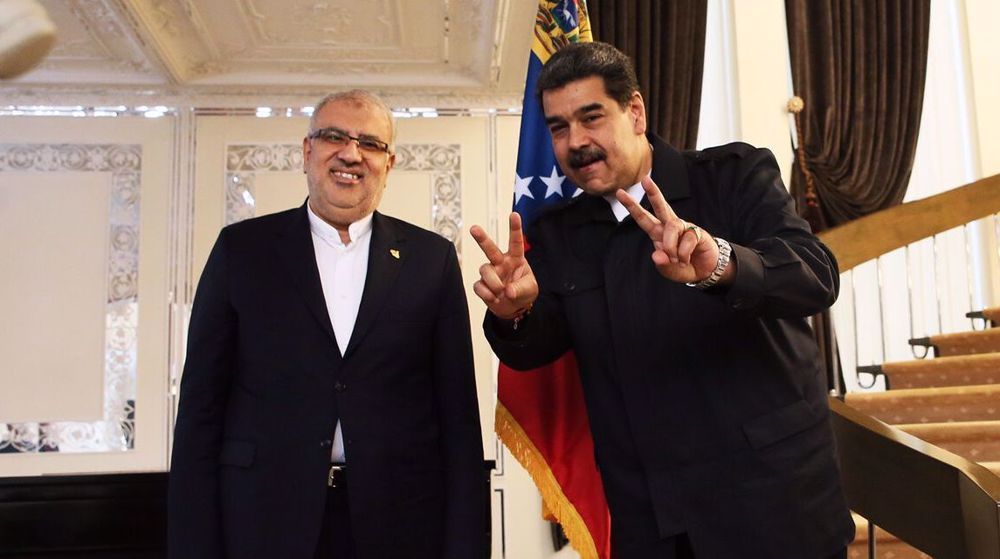
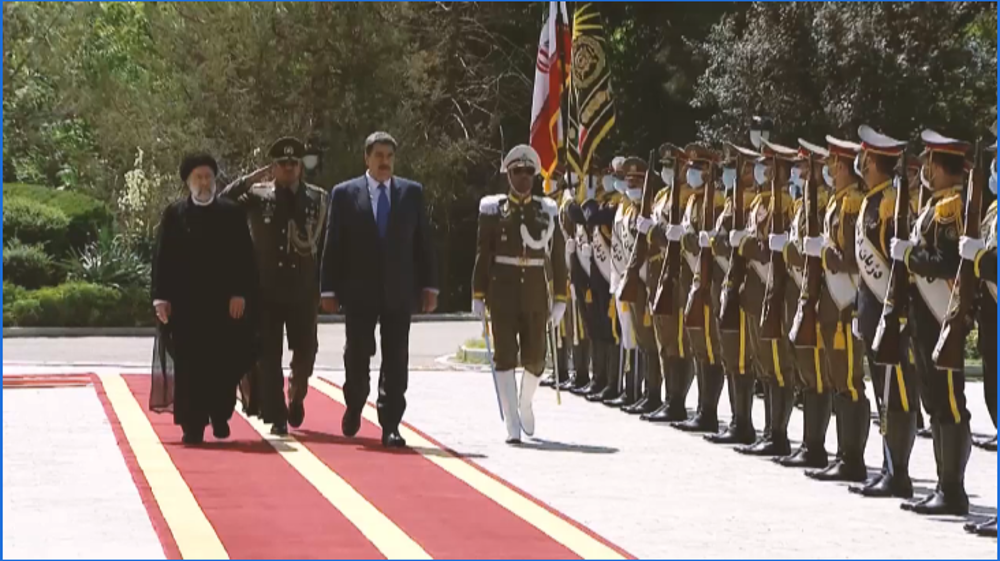

 This makes it easy to access the Press TV website
This makes it easy to access the Press TV website